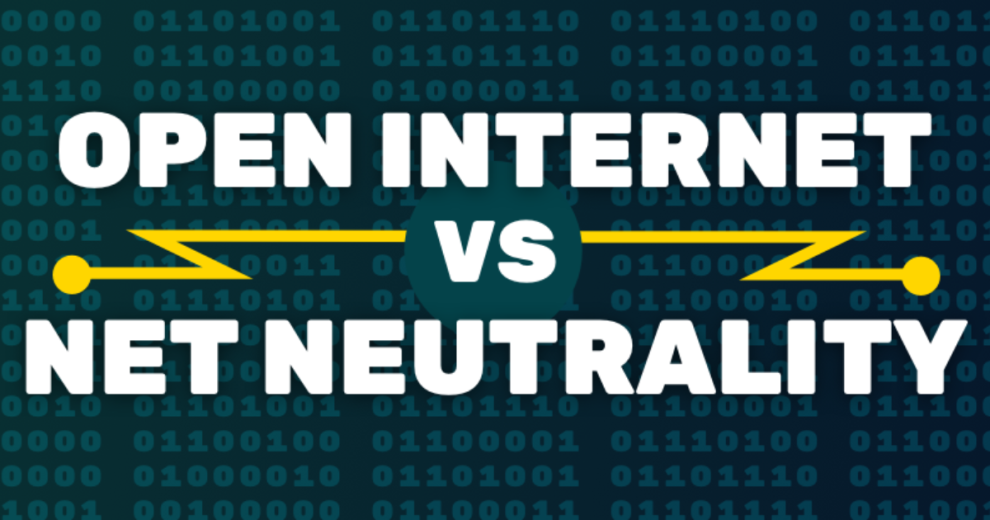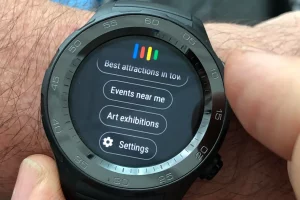/cdn.vox-cdn.com/uploads/chorus_image/image/55677773/679317438.0.jpg)
Net neutrality, the principle that internet service providers (ISPs) should treat all internet traffic equally, has been a hotly debated topic for over a decade. Proponents argue that it is essential for maintaining a free and open internet, while opponents say it stifles innovation and investment.
In 2017, the US Federal Communications Commission (FCC) repealed net neutrality rules that had been in place since 2015. This decision sparked protests and legal challenges, but it also raised a question: is an open internet still possible without net neutrality?
The Case for Net Neutrality
Proponents of net neutrality argue that it is essential for several reasons:
- Competition: It prevents ISPs from favoring their own content or services over those of competitors. This ensures that consumers have a wide range of choices and that new, innovative companies can compete with established ones.
- Innovation: It encourages investment in new and innovative internet applications and services. Without net neutrality, ISPs could charge higher fees for certain types of content or services, which could stifle innovation.
- Free Speech: It protects the free flow of information online. Without net neutrality, ISPs could censor or block content that they disagree with.
The Case Against Net Neutrality
Opponents of net neutrality argue that it hurts innovation and investment. They say that ISPs need to be able to charge different prices for different types of content and services in order to recoup the costs of investing in infrastructure. They also argue that net neutrality rules are unnecessary because ISPs have no incentive to harm competition or censor content.
The Current State of Net Neutrality
The repeal of net neutrality rules in the US has not led to the widespread harm that some experts predicted. However, there have been some negative consequences, such as ISPs throttling the speeds of certain services and offering paid prioritization for certain types of content.
In the absence of federal net neutrality rules, some states have passed their own net neutrality laws. However, these laws are facing legal challenges, and it is unclear whether they will be upheld.
The Future of Net Neutrality
The future of net neutrality is uncertain. It is possible that the FCC will reinstate net neutrality rules at some point. It is also possible that Congress will pass a law that enshrines net neutrality principles into law. However, it is also possible that the internet will continue to function without net neutrality rules, albeit with some potential downsides.
What Can We Do?
Despite the repeal of net neutrality rules, there are still things that we can do to protect an open internet:
- Support organizations that are fighting for net neutrality.
- Contact your elected officials and urge them to support net neutrality legislation.
- Choose an ISP that has a good track record on net neutrality.
- Use a VPN to encrypt your internet traffic and protect yourself from ISPs that are throttling speeds or blocking content.
An open internet is essential for a free and democratic society. It is important to stay informed about the issue of net neutrality and to take action to protect it.
The debate over net neutrality is complex, and there are strong arguments on both sides. However, it is clear that an open internet is important for a free and democratic society. We must continue to fight for net neutrality and work to ensure that everyone has access to a free and open internet.
















Add Comment